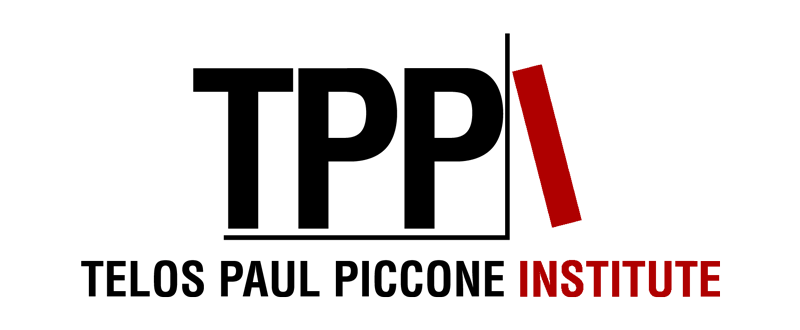The Place of Truth at the University
Telos Zoom Symposium
Saturday, November 20, 2021
4 pm to 6 pm U.S. Eastern time
In order to attend, you must register in advance for this meeting:
https://uci.zoom.us/meeting/register/tJwtdOuqpjgvHdYmcpmVrYGEtS281tfiY2vD
After registering, you will receive a confirmation email containing information about joining the meeting.
About the Symposium
Trapped between the pressure to provide job training on the one hand and political advocacy on the other hand, the idea of a search for truth sounds hopelessly naive as a description of the task of colleges and universities today. Matching the shift of our society toward technocratic and managerial solutions to problems, the natural and social sciences have become recognized authorities based on their claim to being scientific. Yet the authority of "science" is misleading in the sense that science never has straightforward answers but relies on a method of constant questioning. Science itself cannot be counted on to make policy decisions but can only provide relevant information for decision makers. Meanwhile, discussion and debate about decision-making, traditionally the place of the humanities, has been suppressed in favor of a focus on political engagement. The range of perspectives available for discussion has been reduced to the exclusion of those views that might challenge the technocratic bias and the reduction of politics to identity politics that have become dominant at universities. This narrowing of perspectives has also undermined the research project of the university. The exclusion of relevant perspectives in university debates has also degraded the peer review process in the social sciences and the humanities, maintaining an orthodoxy that favors the reinforcement of previously held views rather than the challenging of such views. Such research can then be cited as the "scientific" basis for a set of policy prescriptions. Where Max Weber once lamented the transformation of the lecture hall into a pulpit, it is difficult today for academics to avoid the pressure to either conform to a particular political perspective or, in rejecting such politicization, to be forced into an "obstructionist" camp. In the midst of these developments, what is the status of the idea of truth? Will truth necessarily remain subordinate to politics? How might the search for truth remain a focus of colleges and universities?
Paper Submissions
Please submit 150-word abstracts by October 22 to university@telosinstitute.net. Please place "Telos University Symposium" in the email's subject line. Presentations on November 20 should be 7-10 minutes long. In addition, a final essay of 6000-8000 words can be submitted for review by February 1, 2022.
